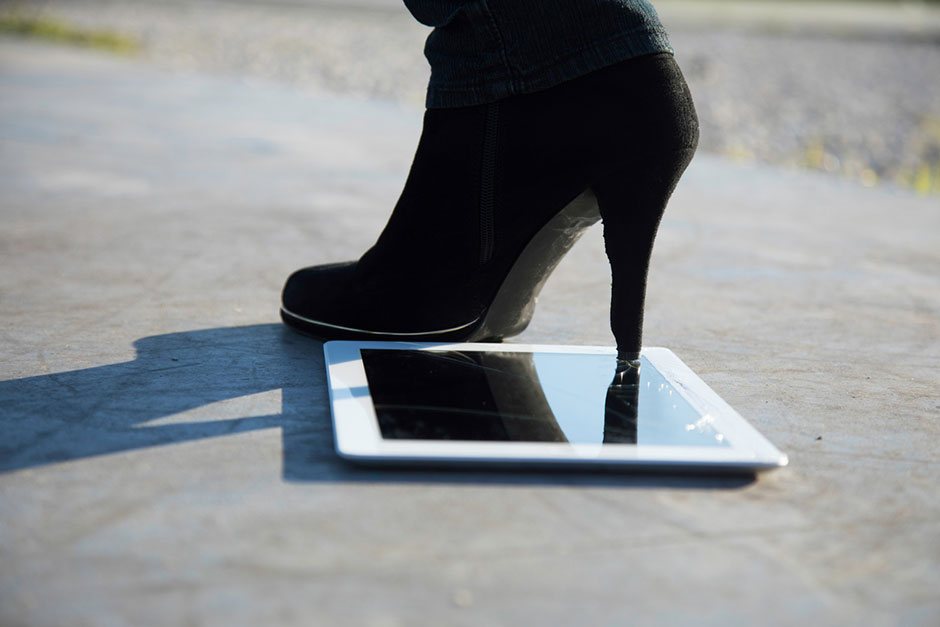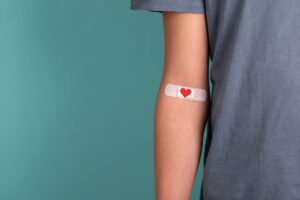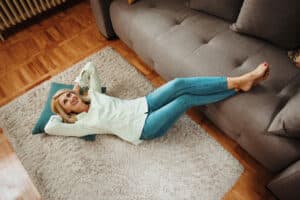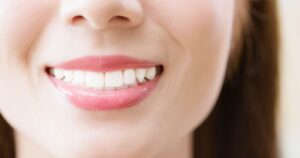These days it seems that electronics control our waking hours. Smartphones, laptops, televisions capture our attention in our working lives and our leisure hours. However, these screens may also affect our sleeping hours, and ultimately our health. Light has always had an effect on our natural body rhythms, known as circadian rhythms, determining when we sleep. In the past, natural light sources, such as the sun, affected these patterns.
Over the years, dependency on artificial light and electronics have played a factor in our sleeping and waking patterns. In recent years, though, modern technology has played an even larger role. This is because of “ blue light,” sometimes known as “junk light,” the blue waves emitted by these screens, which, though beneficial in daytime, can seriously disrupt sleep patterns long after “lights out.”
How it Works: Circadian Rhythms
The average circadian rhythm is 24 and one-quarter hours. Everyone’s is different, with night owls having longer patterns than early risers. Light throws off our natural rhythms, disrupting our sleep and potentially leading to a myriad of health issues. Daylight regulates our sleep patterns and when this is interrupted by unwanted light, our circadian rhythm is “tricked” and uninterrupted sleep is affected.
What it Means: Health Risks
Many of us have experienced sleepless nights caused by shifting time zones when travelling or even unwanted light infiltrating our bedrooms. Any amount of light can trigger sleep problems. Poor sleep patterns can affect our mental health, making us more at risk for depression, and our physical health, increasing chances of cardiovascular and other health risks.
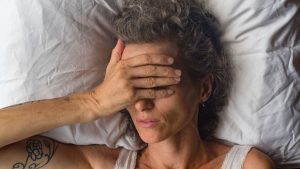 While studies have shown the link between sleep and good health, the role of blue light has not always been clear. Recently, though, the connection between light exposure and melatonin secretion has been examined. Melatonin is the hormone responsible for influencing circadian rhythms, and preliminary research suggests a link between low melatonin levels and cancer.
While studies have shown the link between sleep and good health, the role of blue light has not always been clear. Recently, though, the connection between light exposure and melatonin secretion has been examined. Melatonin is the hormone responsible for influencing circadian rhythms, and preliminary research suggests a link between low melatonin levels and cancer.
A Harvard study also examined connections to diabetes and obesity. In this study, subjects’ sleeping schedules were shifted. As a result of a change in their circadian rhythms, blood sugar levels increased and levels of leptin, a hormone that increases feelings of fullness after eating, went down.
Tips for Minimizing Blue Light at Night
- Avoid bright screens 2-3 hours before bedtime. Give your body time to adjust. This is hard to do, as TV viewing or reading from tablets are common evening pursuits. Try to shut it off
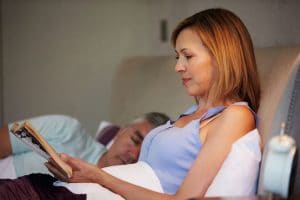 earlier, or consider reading from a print source. (I have always loved to read before bed, and notice that when I read from an “old school“ book, it is much easier to feel sleepy!)
earlier, or consider reading from a print source. (I have always loved to read before bed, and notice that when I read from an “old school“ book, it is much easier to feel sleepy!) - If you must use these devices, try to keep the bedroom a blue light-free zone, or combat the effects by limiting the use of flourescent lights in your bedroom.
- Consider using amber or red toned light in your bedroom.
- Download an app such as f.lux which can make your screen adapt its light to a warmer glow at night and a “sunnier” one during the day.
- Adjust the settings on your phone to change the brightness. On an iPhone, go to Settings> >Display>Brightness>Night Shift. Then set the hours to ones that work with your schedule, or choose “Sunset to Sunrise.”
…And Making the Most of It During the Day!
Natural blue light sources during daylight hours can be very beneficial, increasing energy levels, mood, and alertness, resulting in a better sleep at night. Increase this positive exposure by:
- Soak up the sun!
- Use halogen lights upon waking to signal your body that it is time to become more alert.
- Be careful of excessive screen time. This, too, is hard to accomplish in our busy lives but take a break when you can! Use the 20/20/20 rule: every 20 minutes, stare at an object 20 feet away from your computer for 20 seconds.
An Interesting Solution: Blue Light Blocking Glasses
Many eyeglass manufacturers are now making glasses which block out the higher end of the blue light spectrum. Sometimes called Office Lens glasses, these are often recommended by optometrists to patients who spend a great deal of time on a computer. They cut down on glare and subsequent eye strain, and also have the potential to improve disrupted sleep cycles. A scan of reviews found mixed reactions. Some people found them very effective, not only in terms of immediate results, but also in being more aware of one’s screen time by the very act of putting these on when using digital devices.
However, people who wear regular glasses daily found that these glasses could not be worn effectively away from the screen and that changing eyewear frequently was not worth the hassle. Nonetheless, this is an interesting solution to explore if you are a frequent screen user and are finding that you are suffering digital eye strain and feeling the adverse effects of blue light.
Final Thoughts: Blue Light or Junk Light?
It seems impossible and undesirable to eradicate the ubiquitous digital screens from our lives. And blue light is not entirely bad. But just like “ junk food,” we need to be aware of its addictive properties, control our consumption, and take measures to counteract the bad effects.
The bottom line: get some natural daylight, take measures to ensure a good night’s sleep, and look up from the screens and enjoy the world around you. Not a bad approach to most things in life!

